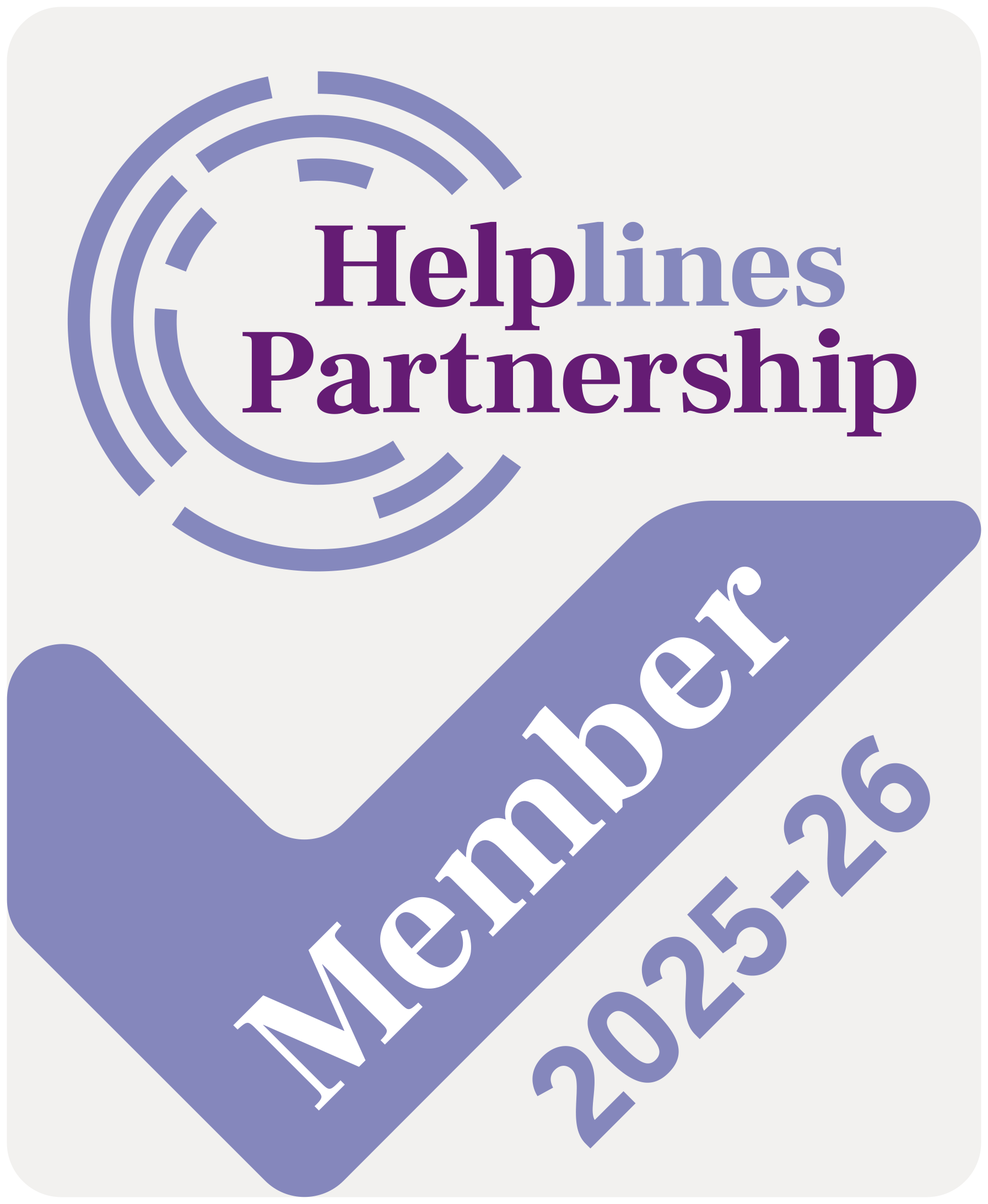How do you ensure your child receives the best possible treatment?
Many doctors will only ever see a handful of genetic disorders in their entire career. If your son or daughter happens to suffer a rare disorder their GP or pediatric consultant might never have come across it before and is unlikely to see a case ever again.
That makes you the parent the expert in their condition.
Some charities such as Rett UK have developed ‘best practice’ or ‘care pathway’ pamphlets to give to medical professionals so that they might understand a particular genetic disorder and ensure the very best information, care and support is offered to a family.
If you run a support group or know of another family with a child with the same condition, it is worth considering drawing up such a guide. Creating one is not as daunting as it sounds.
Julie Benson, Family Support Manager at Rett UK, explains how the Rett syndrome, National Best Practice, Management And Care Guidelines pamphlet was developed:
We realised there was a need for best practice guidelines because many families contacting us had been given a diagnosis of Rett syndrome by a doctor then sent on their way and expected to just get on with life. There was no follow up.
We wanted medics to understand their job didn’t end at diagnosis, that they needed to help families manage the associated characteristics.
There are approximately 2,500 Rett syndrome patients in Britain. Many healthcare workers might never have seen a case of Rett syndrome in their career so there is no reason they should have that expertise. We wanted to arm them with the information to give their patient the very best care.
Funding
The first step was to find funding. We approached Genetic Disorders UK who gave us a grant of £4,000 for the full cost of the project.
Writing
Our family officers wrote from experience a definition of Rett syndrome, how to diagnose and the care we would expect from the health service.
As this document was for medical professionals it had to be in their language. We approached the six Rett syndrome experts we work most closely with to read through what we had written. They changed some of the terminology to make it more medical, added elements and corrected others.
It was important too that a GP read through the guidelines to check it was useful at that level.
This process continued until we had a document both Rett UK and the professionals were happy with.
Content
The guidelines describe the journey through Rett syndrome, mapping symptoms, identifying treatments and coping strategies to minimise concerns and promote better quality services.
The pamphlet explains what Rett syndrome is, how it presents and how it is diagnosed. It details the mutation in the MECP2 gene that causes the condition.
It explains how to deliver the news to the family. It also lists the appropriate specialists who should be involved in care, for example, speech and language therapists and occupational therapists.
There is an A to Z of clinical considerations: for example, A is for aspiration pneumonia, B is for breathing irregularities and bone density.
Finally the leaflet explains the work of Rett UK and how to contact us.
Distribution
We have had 2,000 pamphlets printed. We won’t send them directly to GPs because we had a feeling they would join the many other guides GPs receive every day, gathering dust on a shelf.
Instead we will give them to families who once diagnosed can then give them to their GP or pediatrician or schools. Families may have as many copies as they need.
We will also send them to genetic centres, they can enclose a pamphlet in the letter of diagnosis they send.
We will put a version of the pamphlet on-line and eventually hope to develop an app.
The best practice guidelines are for doctors and health care professionals. There is an accompanying family guide which gives parent/carer-friendly advice.
We hope these two leaflets together will give Rett syndrome patients the greatest possible quality of care.
For more information about Rett syndrome go to: http://www.rettuk.org
Download the Rett syndrome UK guide
Click here download the ‘Rett syndrome National Best Practice Management Care Guidelines’ PDF document





